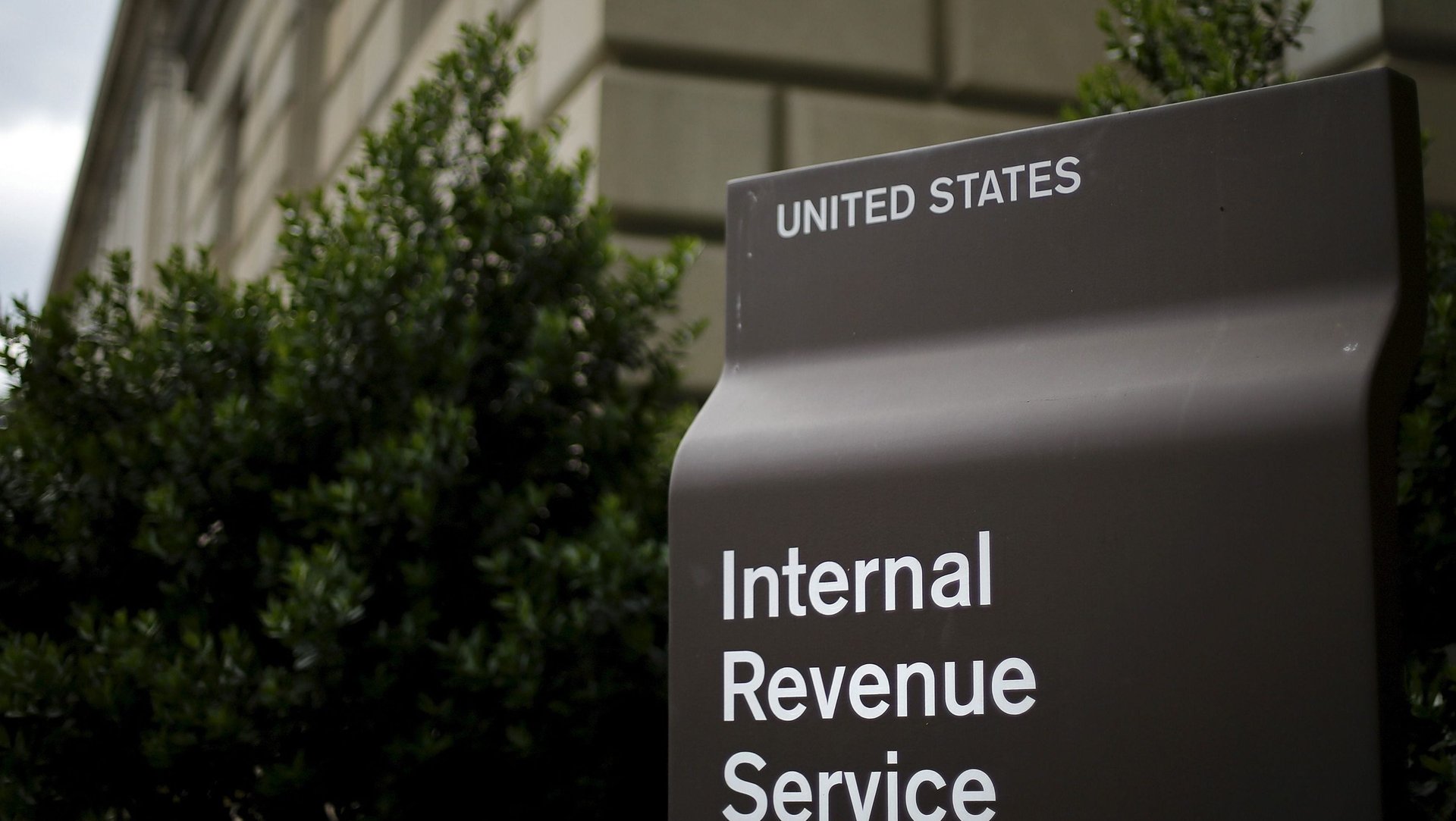Yes, the tax man can pursue the hundreds of millions in taxes the Trumps allegedly dodged
The New York State tax authority is “vigorously pursuing” an investigation into decades of alleged tax fraud by the Trump family, after the New York Times reported that Donald Trump and his parents avoided nearly $500 million in taxes, partially by underreporting assets and using shell companies.


The New York State tax authority is “vigorously pursuing” an investigation into decades of alleged tax fraud by the Trump family, after the New York Times reported that Donald Trump and his parents avoided nearly $500 million in taxes, partially by underreporting assets and using shell companies.
The Times report relies on tens of thousands of documents and names individuals and businesses who aided the Trump family in the alleged deception, detailing how the family paid what amounted to a 5% tax rate on the transfer of over $1 billion in wealth through the 1990s. Trump called the report “boring” and “long-told,” but didn’t deny the facts; the White House said that “the [Internal Revenue Service] reviewed and signed off on these transactions.”
Could America’s state and national coffers get back any of the millions that the Trump family allegedly owes? Technically, yes. Practically, it’d be tough, say tax experts.
The statute of limitation for prosecuting criminal fraud, which requires a high level of evidence and could result in a jail term, has passed; it’s three to six years for federal offenses and several years for New York State offenses. But there is no statute of limitations for civil fraud prosecutions, which if successful would let the agency claw back the money, under New York State or federal tax law.
The IRS handbook says:
Civil fraud penalties will be asserted when there is clear and convincing evidence to prove that some part of the underpayment of tax was due to fraud. Such evidence must show the taxpayer’s intent to evade the assessment of tax, which the taxpayer believed to be owing. Intent is distinguished from inadvertence, reliance on incorrect technical advice, sincerely-held difference of opinion, negligence or carelessness.
To successfully establish a civil fraud penalty the IRS often relies on “circumstantial evidence, rather than an admission by the taxpayer,” explains Caroline Ciraolo, former acting assistant attorney general in the Department of Justice’s tax fraud division, and a partner with law firm Kostelanetz & Fink.
In the case of gifts, as so much of the transfer of wealth in the Trump family reportedly was, the giver (aka Trump’s parents) was required to state the items’ value on their tax return, Ciraolo notes. If a taxpayer dies, as in the case of Trump’s parents, “and it is discovered that they failed to file required gift tax returns, this issue is generally resolved during the preparation of the estate tax return, or any subsequent audit of the estate tax return.” Fred Trump died in 1999, his wife Mary in 2000.
While the death of the taxpayer doesn’t prevent the IRS from making its case, “it would make the case more difficult to defend because the taxpayer would not be available to testify in the civil tax proceedings,” she said.
In some cases, when executor of an estate “willfully failed to disclose to the IRS assets of the estate and/or deliberately undervalued assets that were disclosed to the IRS, the executors could be assessed with a civil fraud penalty,” she noted. Donald Trump, his sister Mary, and his brother Robert were the executors of their parents’ wills.
The IRS told Quartz that taxpayer privacy laws prevent it from making any comment on the article; Republicans in Congress have slashed the agency’s budget in recent years, making enforcement more difficult. State tax authorities operate independently from the IRS.
Practically, whether any pursuit of long-owed back taxes will be successful “depends on the facts and circumstances of the case,” Ciraolo said. “The IRS does not regularly go back twenty or more years to audit and assess civil fraud penalties, but it is authorized to do so in certain cases and as we have seen in the international arena, we can no longer say that such assessments are rare.”
When they are undertaken by the IRS, civil fraud cases are sometimes eventually dropped, said Robert Wood, a California tax attorney. “No matter how salacious this might look, I think it would be hard to get the IRS to pay attention and go after this,” he said.